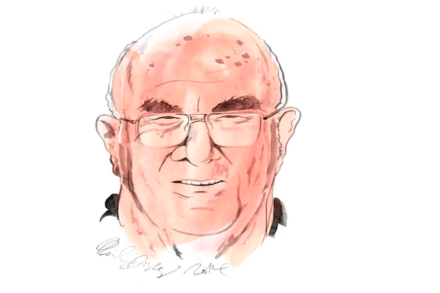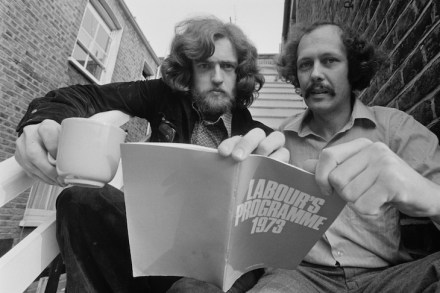Clive James: a tribute
Clive James died last weekend at his home, surrounded by his family, after a long illness. The poet, writer, critic and television star was one of the most remarkable, talented and insightful members of his generation. Loved by millions, he was an incomparable presence in the lives of his friends and readers right up until the end. In 2014, when he seemed very near that end, I went to see him at his home in Cambridge to talk about life, love, poetry and the proximity of death. I feared that it would be our last conversation. Thank medicine it wasn’t. But before I’d even got home, Clive had written again







